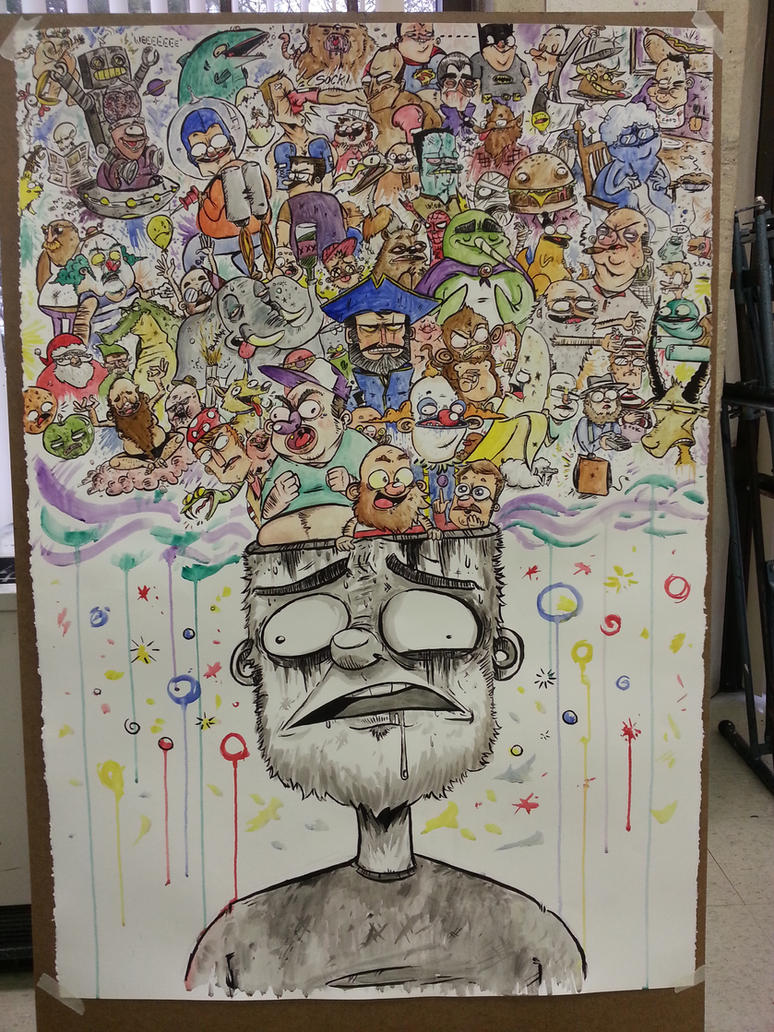Yesterday was a fabulous day at EdCampOKC and I attended a session on blogging. I got to hear the passion, motivation, and back-story from three bloggers that I follow and whose opinions I have sought out and whom I respect, Claudia Swisher, Rob Miller, and Rick Cobb. The Oklahoma bloggers in the room had opportunity to share theirs (see this on symbaloo). Mine came up on the screen, and it became obvious to me that the graphics/stylization and title of my blog no longer fit that which I blog about. I need a blog make-over.
So, now what do I do? Yes, I am asking for input. Please give me your input on titles. The first new blog name that came to mind was Benge's Brain Farts.
While Brain Fart is not exactly a professional blog title, it is catchy! Then I thought of Benge's Brain Food. My plan is to keep the Benge's Brainiacs blog for my students to blog what we do in class – and to do new/separate blog for my professional/educational opinions.
So...thoughts for a new blog name? PLEEEEASE comment below.
So, now what do I do? Yes, I am asking for input. Please give me your input on titles. The first new blog name that came to mind was Benge's Brain Farts.
While Brain Fart is not exactly a professional blog title, it is catchy! Then I thought of Benge's Brain Food. My plan is to keep the Benge's Brainiacs blog for my students to blog what we do in class – and to do new/separate blog for my professional/educational opinions.
So...thoughts for a new blog name? PLEEEEASE comment below.























